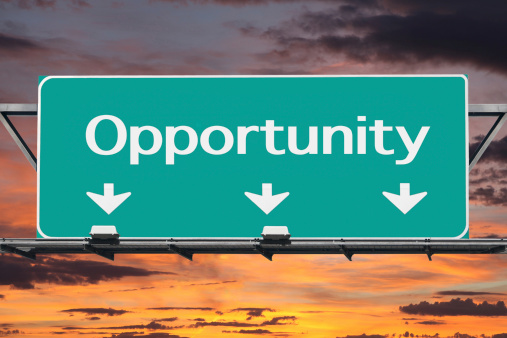In a day, my classmates and I will graduate from Albert Einstein College of Medicine as physicians, charged with taking care of patients in residencies and building on the excellent clinical training we have received. It seems fitting at this pivotal moment to reflect on our intense, four-year experience.
 On the day of my Einstein interview four years ago, I was anxious for information; there was no formal presentation on the curriculum and, following a brief walk-around, I was handed a map to conduct a self-guided campus tour. This felt odd at the time, but in hindsight, it was an early lesson in independence—learning to navigate my own way through the rigors of medical school and begin the process of discovering new opportunities and maximizing my medical school experience..
On the day of my Einstein interview four years ago, I was anxious for information; there was no formal presentation on the curriculum and, following a brief walk-around, I was handed a map to conduct a self-guided campus tour. This felt odd at the time, but in hindsight, it was an early lesson in independence—learning to navigate my own way through the rigors of medical school and begin the process of discovering new opportunities and maximizing my medical school experience..
The relationships
I was fortunate to be paired with excellent roommates in my first year; we quickly became best friends, asking each other questions when medical concepts were unclear. Finding early, mutually supportive relationships was critical to surviving those initial months in medical school, when so much information was thrown at us at once.
During second year, my social circle broadened, and some friends and I started a group of tea aficionados aptly called SocieTEA. More than simply sampling tea and catching up with one another’s lives, we had extensive conversations about our futures in medicine. Two members of this group helped me find neurology as my calling. Group members read my personal statement for residency; one member even applied to neurology with me. She and I discussed interview experiences, thoughts on programs and our program rankings, which made the process less daunting. While I am excited about starting my residency in Baltimore, it will be bittersweet to leave such close friends behind.
The mentors
My medical school experience has been not just about learning medicine, but also about finding mentors who have inspired me to become a better physician and researcher.
One important mentor is Dr. Sylvia Wassertheil-Smoller. Dr. Wassertheil-Smoller taught me how to perform in-depth epidemiological analyses, and I was eventually able to write and publish a paper on stroke and potassium with her—a critical experience in my education and my career.
Prior to medical school, I had limited experience in epidemiology. Dr. Wassertheil-Smoller saw me struggling and recognized immediately that I needed help with data analysis and interpretation. She developed a plan to help me, sharing studies similar to the ones I would be working on, and lending me her book on biostatistics and epidemiology. Working with her has inspired me to pursue epidemiologic and preventive medicine research in neurology. I only hope to be as good a mentor to others as she has been to me.
In the Global Health Center, Jill Raufman has undoubtedly helped shape my perspective in doing and applying clinical research to public and global health, playing a critical role in helping me and my classmates who competed in the Global Health Case Competition at Emory University. To get us ready, Jill became an advisor, sharing information about her personal experiences in Kenya with health workers and community representatives as they addressed barriers to health there. She also connected our team to Einstein faculty experts who shared their own global experiences. Finally, she discussed potential challenges and weaknesses in solutions our team came up with. Working with her has challenged me to think critically about global health and to incorporate it into my career.
The experiences
As a student on rounds, I began to learn the value of humanity, compassion and identity—all of which were challenged and shaped through my relationships with attendings, resident physicians and patients. What is unique and valuable about training in this community in the Bronx is the complexity of social and medical issues. Einstein teaches us to practice social medicine while being humanistic and compassionate. Without adopting these lessons, I could not be a successful physician.
In one instance, for example, a patient developed a heart infection, eventually needing heart surgery and antibiotics. He was homeless and abused drugs intravenously. We were treating his medical problem, but not the cause of his poor health. I spoke with him extensively about his social circumstances, counseled him and then discussed his situation with the healthcare team. Alongside social workers, we ultimately sent him to a rehabilitation facility and later a home. Advocating for him to ensure that we were addressing all of his medical and personal issues, I realized that my classmates and I will be better, more compassionate, socially aware doctors largely because of our clinical experience in this underserved community.
Einstein has offered me a unique place for discovery—and boundless opportunities. Now my classmates and I look forward to practicing the skills taught to us, wherever our medical journey leads.

